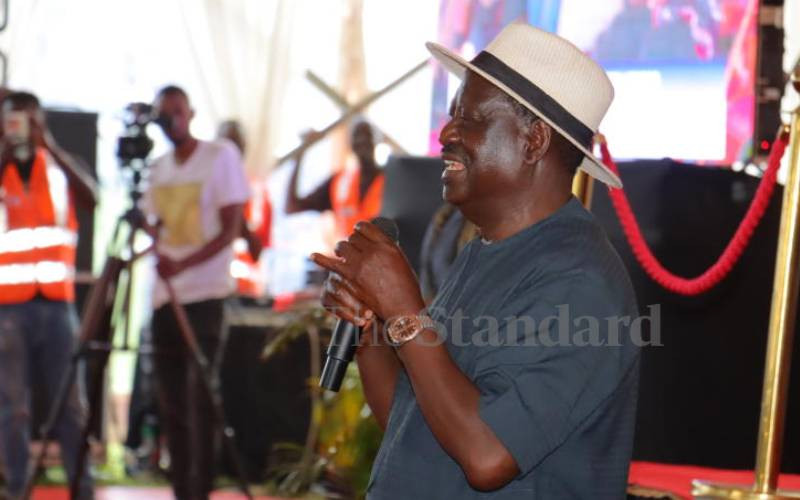×
The Standard e-Paper
Kenya’s Boldest Voice

In the space of Kenyan politics, the Opposition, specifically Azimio, must not merely be content with expressing dissatisfaction with the government.
It should elevate its role to serve as both a vigilant check and a potent force, putting the Kenya Kwanza government on notice that the government's push for the public to focus on the 2027 timeline for the next general election is a smart way of running away from the need for everyday accountability and transparency.